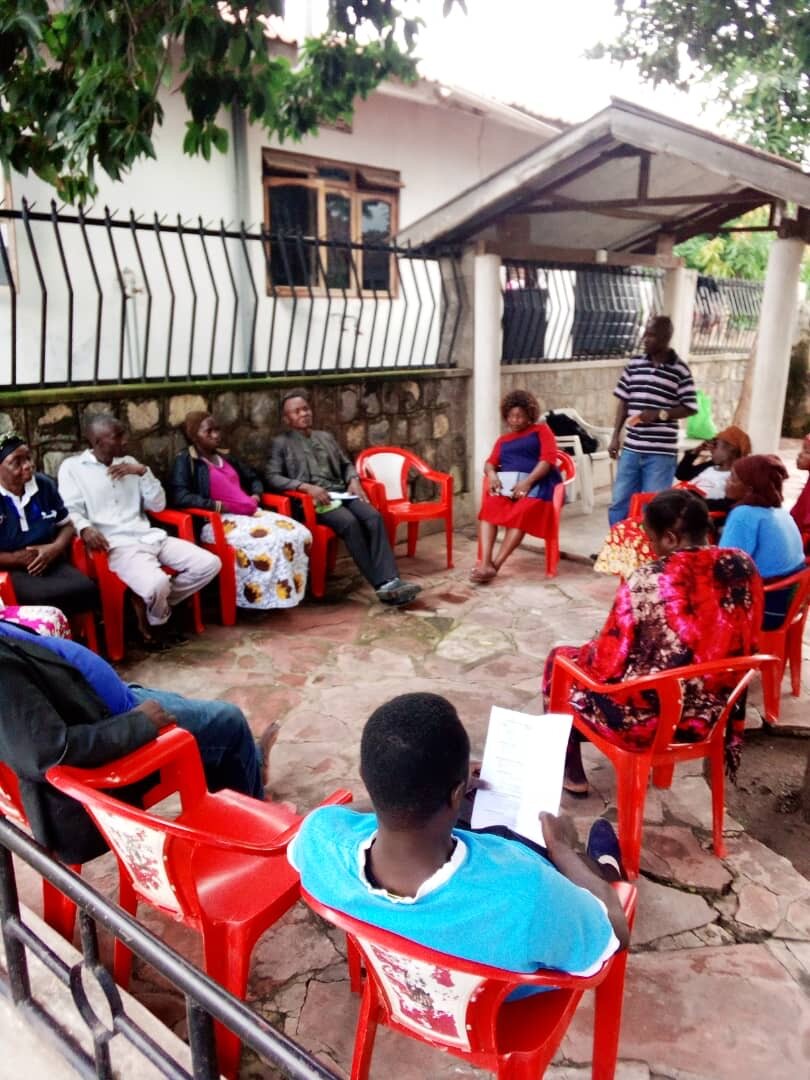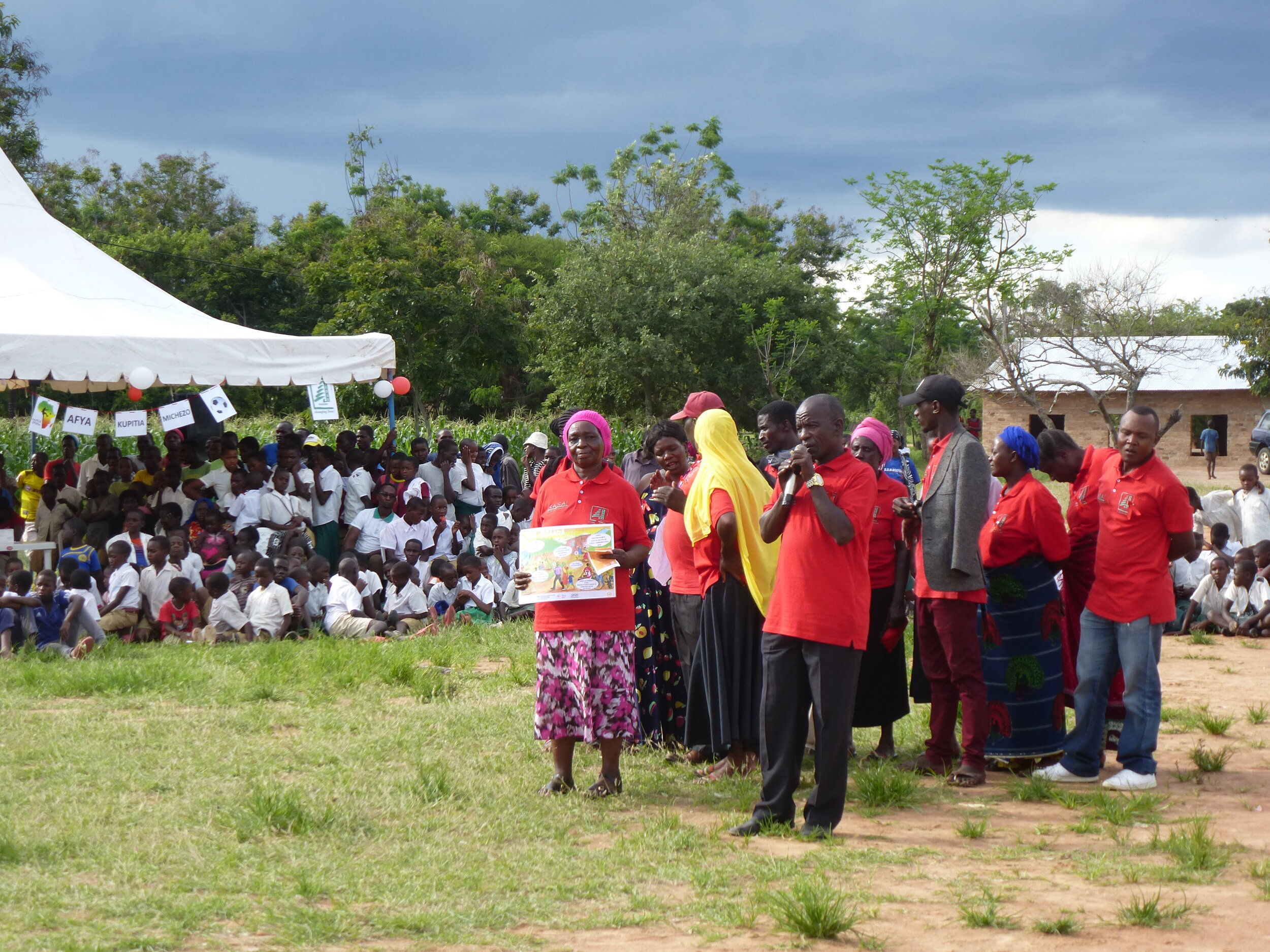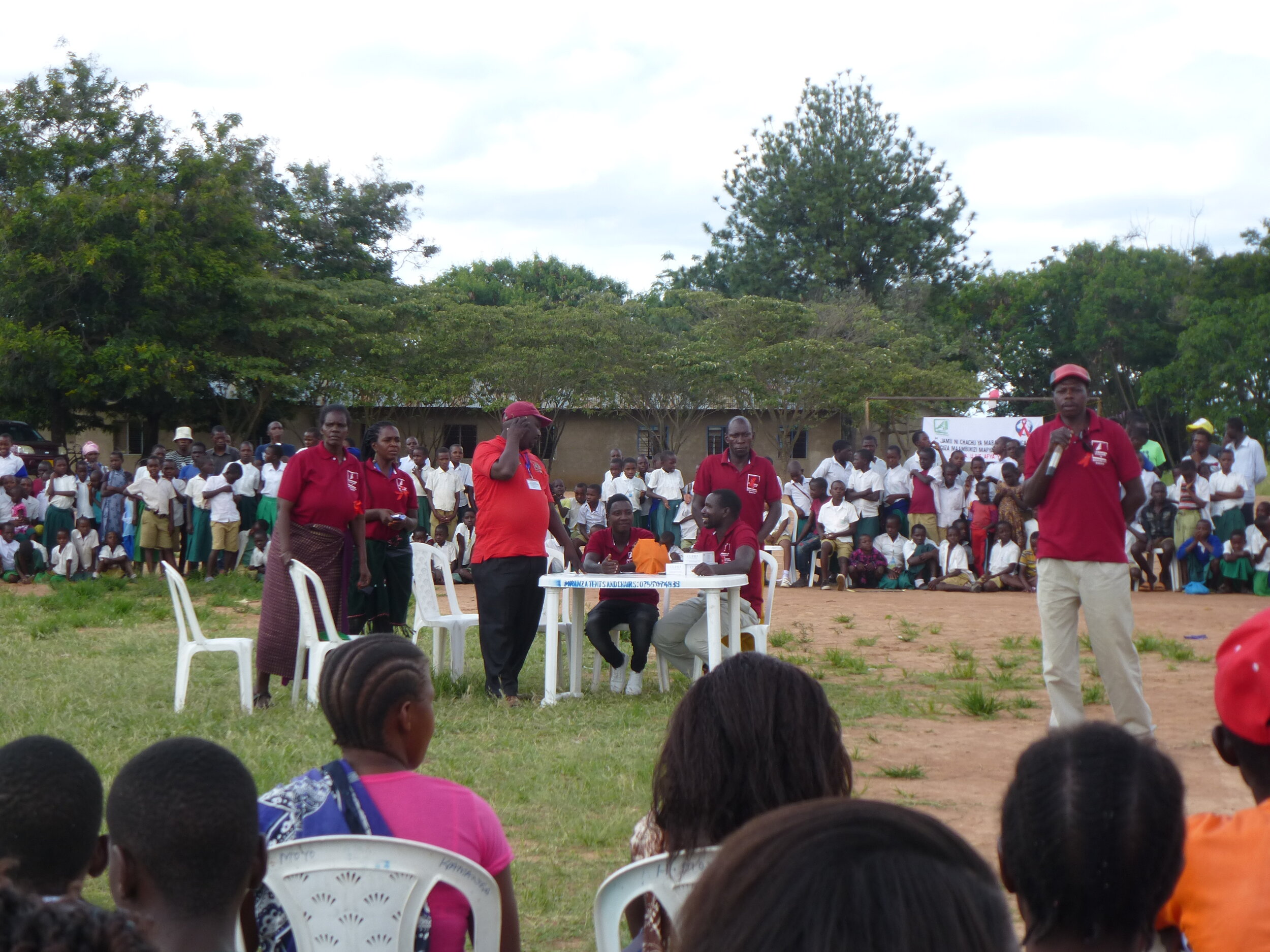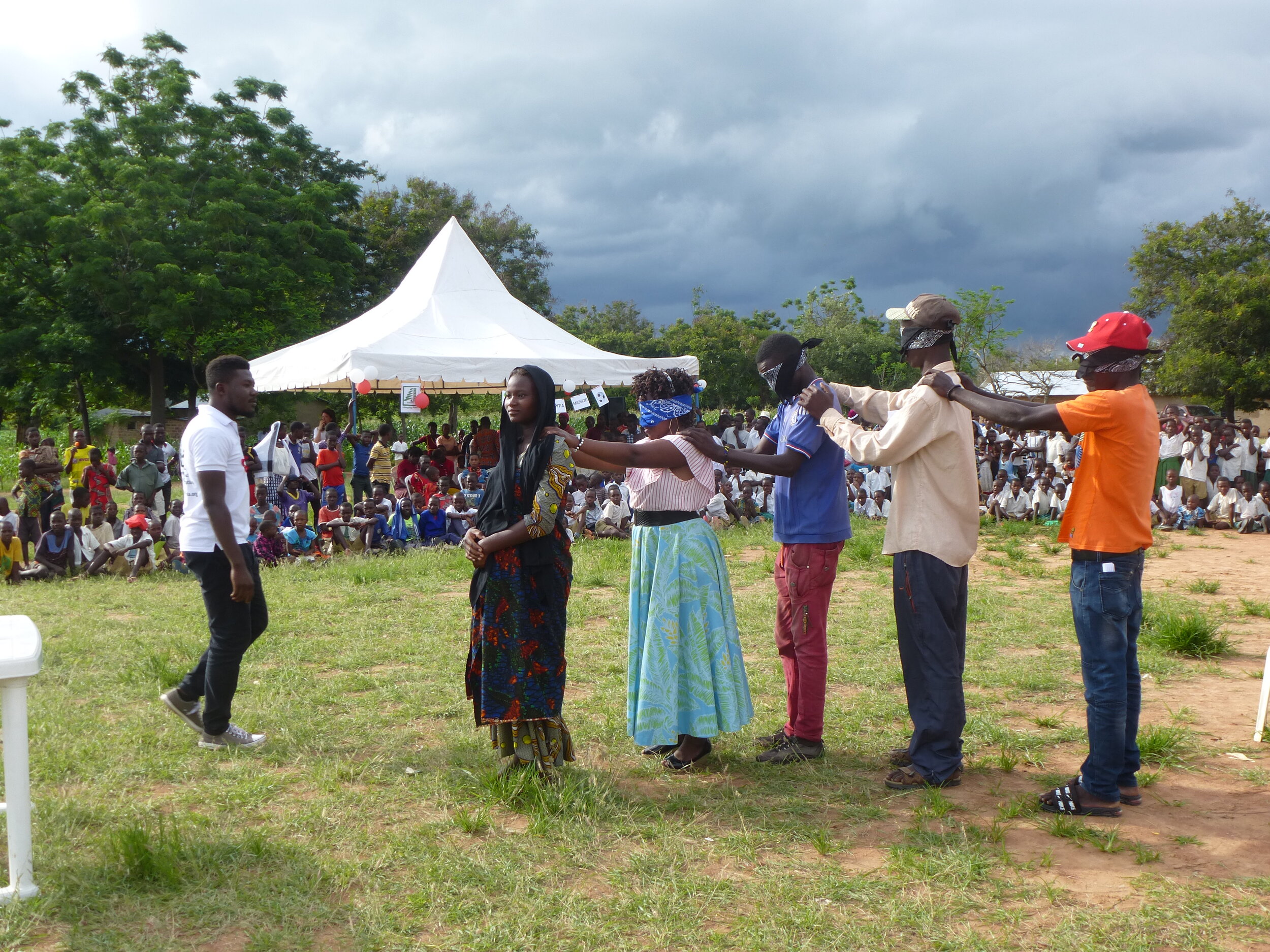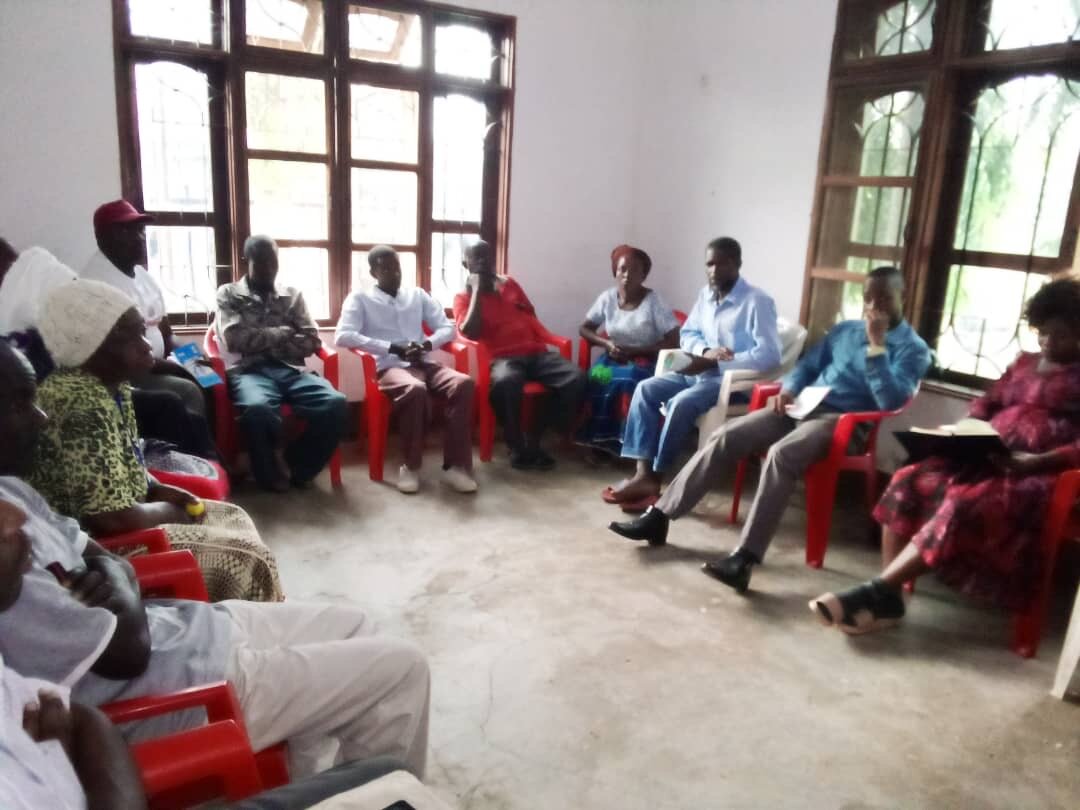Since 2015, The Cedar Foundation Tanzania implements SASA! in partnership with the Ugandan NGO Raising Voices. The methodology was developed to spark critical thinking around power imbalances between men and women and gender inequalities. SASA! works with a phased approach; the four phases being Start, Awareness, Support and Action. It engages the community around the prevention of violence against women and HIV/AIDS. As all cultural and behaviour change initiatives, the results are not immediately visible and it can take years before a real change becomes embedded as the new norm in a society.
Our Field Officers and Community Activists have been working continuously in the last few years to start this much needed change in the community of Kamanga. To illustrate these changes, we conduct a community-wide assessment after each phase, including random surveys and focus group discussions. In February 2020, a group of four enumerators, two females and two males, were selected to perform the research in Kamanga village. The month long assignment started off with a workshop on key topics of SASA! as well as best practices and methodologies around the research. The team was introduced to the Community Activists and Village leadership and familiarised themselves with the surroundings before starting with the research.
In total, a number of 370 community members participated in the survey, 187 women and 183 men, and 58 people participated in six focus group discussions. In contrast to the baseline and the first assessment after the Awareness Phase, we can see an overall increase in the knowledge and attitude of the community towards violence against women and power imbalances.
We noticed a huge change over the past couple of years: violence against women has become a matter that is actually talked about! It is not handled in private anymore and became a topic that is publicly discussed in the community. Our Community Activists have worked towards dissolving the stigma around violence against women and have helped victims not to feel ashamed when acts of violence happened to them. Moreover, the community members feel the need to intervene when they see violence happening and have been equipped with the tools to do this effectively. The Cedar Foundation Tanzania and our Community Activists believe that violence against women is not a private matter, but an issue that affects the family and the community as a whole. It is very encouraging to see that many community members have come to feel the same way and are not afraid to speak out about violence anymore.
In addition to this, before we started implementing SASA!,more than one third of community members were convinced that the woman is to blame for bringing HIV into the household. After a lot of conversations and sensitisation around this topic, only one fifth of the people living in Kamanga believe this, while almost 80% believe that, “No”, it is not women who are mostly to blame for bringing HIV into the household. It can indeed be both partners. In order to deepen the knowledge around HIV/AIDS among the community, we have conducted an awareness campaign which you can read about here.
Overall, the results from the Support Phase assessment are encouraging and a trend towards more equality between women and men in the community is visible. However, much still needs to be done in order to form a truly equal society and to create a long-lasting cultural and behavioural change. Once The Cedar Foundation Tanzania can resume project activities, we will transition in to the next and final phase of SASA! – Action Phase. It is our hope to further promote a positive change for women, men, families and the community at large. If you want to support us in this endeavour TAKE ACTION!

